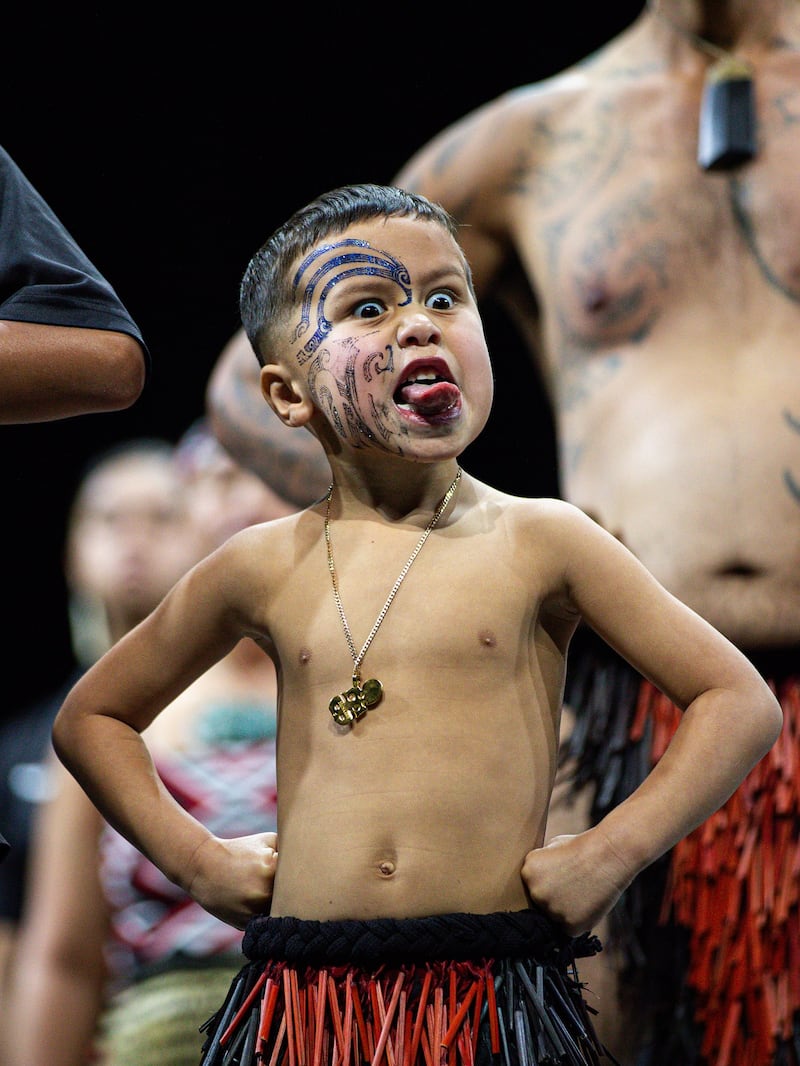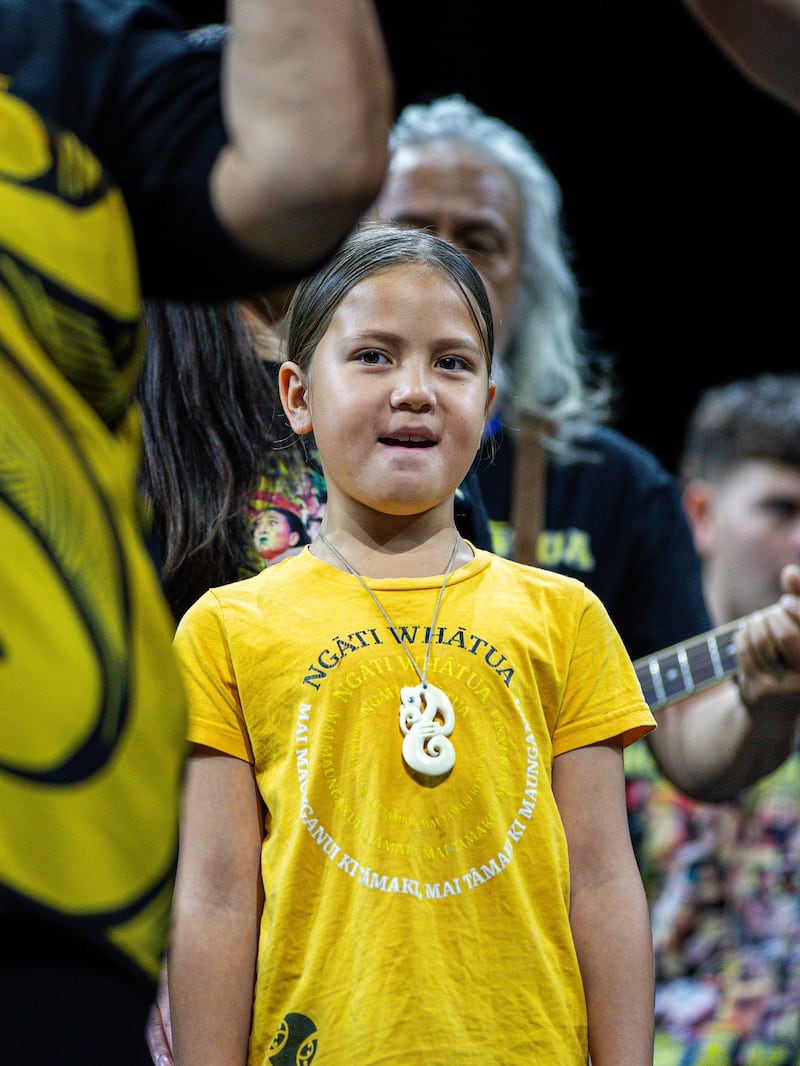Kapa haka from across Tāmaki Makaurau came together on stage at Spark Arena over the weekend, performing under the banner of Haka Ngahau, a celebration of Māori performing arts focused on unity, expression and joy, rather than competition.
Eleven kapa took part in the event, which highlighted the entertaining and community-driven side of kapa haka. Unlike the highly competitive regional and national stages such as Te Matatini, often considered the pinnacle of the art form.
Haka Ngahau offered teams an opportunity to perform purely for the love of culture, song and language.
Tāmaki Makaurau regional delegate Jono Whaikawa said the event’s benefits were evident.
“Ko ngā tino hua o te kaupapa nei, katahi anō ka oti, o te Haka Ngahau, ko te kite i ngā whakareanga e tū tahi ana i runga i te papatūwaewae, te wetekina o ngā here o te whakataetae i wātea ai ngā whānau, ngā mokopuna, ngā kuia, ngā koroua te tū tahi, te whakangahau tahi.”

Generations Stand as One
Prominent groups such as Angitū, Ngā Tūmanako, Te Rōpū Manutaki and Te Waka Huia took the stage on Saturday. Their performances showcased the strength and significance of intergenerational participation, with kaumātua, mokopuna and whānau standing side by side.
Audiences were treated to a diverse mix of performances, including kapa haka classics, English-language songs and Pasifika rhythms. Pasifika drumming whānau joined Angitu on stage, setting the rhythm and lifting the energy.
While English language songs may seem at odds with traditional Māori performing arts, Whaikawa said the intent behind the inclusion was key.
“Me pono, tērā tētahi paku wāhi, ‘e kōrero mana motuhake ana, e waiata Pākehā ana,’ engari nō muri mai ka āta mārama, ka āta mōhio ki te wairua o te tuku mai o ngā whānau i mahi pērā.”

Ka waiho te taha whakataetae ki Te Matatini
Ehara te taiopenga Haka Ngahau nei i te kaupapa hou; i te wā o te mate kōwheori, i whakatārewahia te whakataetae o Te Matatini mō tētahi tau, me te aha, i whakatūria kē ko ngā Haka Ngahau i ngā rohe e whai mana tonu ai ngā iwi i raro i te kaupapa here kore i ngā whakataetae.
I roto i ngā tau, e hia kē nei ngā momo taiopenga ā-iwi e kua whakatūhia kia kotahi ai ngā rohe ki te whakataetae ki a rātou anō.
Ko tā Whaikawa e mea ana, ko te taha ōpaki o te ao toi rēhia tētahi āhuatanga o te ahurea Māori e whakaihiihi tonu nei i te iwi.
“Ko ngā kaupapa pēnei nei, ko te whakawhanaketanga o te iwi Māori, ko te ora o te iwi Māori, ko te tū mana motuhake nei o te iwi Māori: āwhā mai, marangai mai, porotiki mai, tōrangapū mai. Kei konei tonu tātou; e kore rawa e tuohu.”


